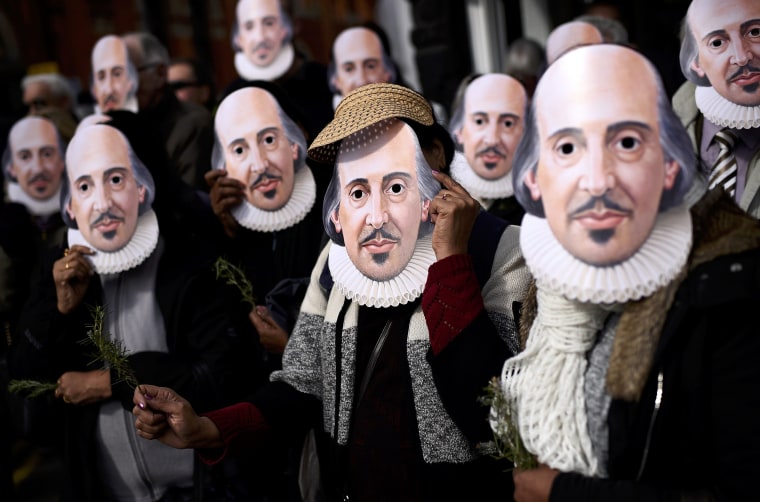That a rose by any other name would smell as sweet ... just does not compute.
Turns out computers are pretty good at stocking shelves and operating cars, but are not so great at writing poetry.
Scientists in a Dartmouth College competition reached that conclusion after designing artificial intelligence algorithms that could produce sonnets. Judges compared the results with poems written by humans to see if they could tell the difference.
In every instance, the judges were able to find the sonnet produced by a computer program.
Read More: Humans Mistake Humans for Machines During Turing Tests
The yearlong competition was a variation of the "Turing Test," named for British computer scientist Alan Turing, who in 1950 proposed an experiment to determine if computers could have humanlike intelligence. Results were announced Wednesday night.
A three-judge panel that included Pulitzer Prize-winning author Louis Menand was asked to read 10 submissions — six produced by humans and four by two different algorithms. The machines were given nouns — including "wave," ''tourist" and "floor"— and programmed to produce a sonnet. The software packages didn't have the flow or narrative of a good poem.
Some also had "idiosyncrasies of syntax and diction, uses of language that were just a little off," Menand said in an email interview.
Read More: Humans Get Aroused When Touching Robots, New Study Shows
Competition co-founder Dan Rockmore, a Dartmouth professor, said he was surprised at the computers' poor showing. But he wasn't that surprised.
"The judges were hunting for machines, so they are not looking at a Hallmark card and reading the poem inside," he said.
The results of the competition also included a short story segment and one involving computer and human DJs. Computer algorithms were not much better at writing short stories, failing to fool a panel of judges — although one judge was tricked by one story.
